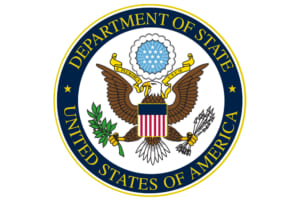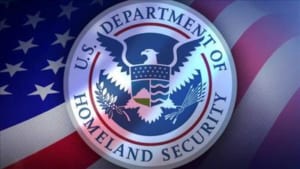 Beginning June 1st, the U.S. Embassy in Manila will change its banking partner from Bank of the Philippine Islands (“BPI”) to Rizal Commercial Banking Corporation (“RCBC.”) Visa applicants may pay their fees at any RCBC branch.
Beginning June 1st, the U.S. Embassy in Manila will change its banking partner from Bank of the Philippine Islands (“BPI”) to Rizal Commercial Banking Corporation (“RCBC.”) Visa applicants may pay their fees at any RCBC branch.
The visa application fee is non-refundable, non-transferable and applicants are required to print and present the applicable U.S. visa application deposit slip prior to paying their fee.
All visa fees are valid for one-year from the date of payment and can be used to reschedule a cancelled interview. Once the receipt validity has expired, applicants must pay a new visa application fee prior to being able to schedule an interview. Applicants who previously paid their visa fees through BPI may still schedule an appointment provided the payment date has not expired.
For more information, contact us today at info@enterlinepartners.com and speak with a U.S. immigration attorney in Ho Chi Minh City, Manila and Taipei.
ENTERLINE & PARTNERS CONSULTING
Ho Chi Minh City, Vietnam Office
Suite 601, 6th Floor
Saigon Tower
29 Le Duan Street
Ben Nghe Ward, District 1
Ho Chi Minh City, Vietnam
Tel: +84 933 301 488
Email: info@enterlinepartners.com
Facebook: Enterline & Partners – Dịch vụ Thị thực và Định cư Hoa Kỳ
Website: http://enterlinepartners.com
Manila, Philippines Office
Unit 2507 Cityland 10 Tower 1
156 H.V. Dela Costa Street
Makati City, Philippines 1209
Tel: +632 5310 1491
Email: info@enterlinepartners.com
Facebook: Enterline and Partners Philippines
Website: https://enterlinepartners.com/language/en/welcome/








